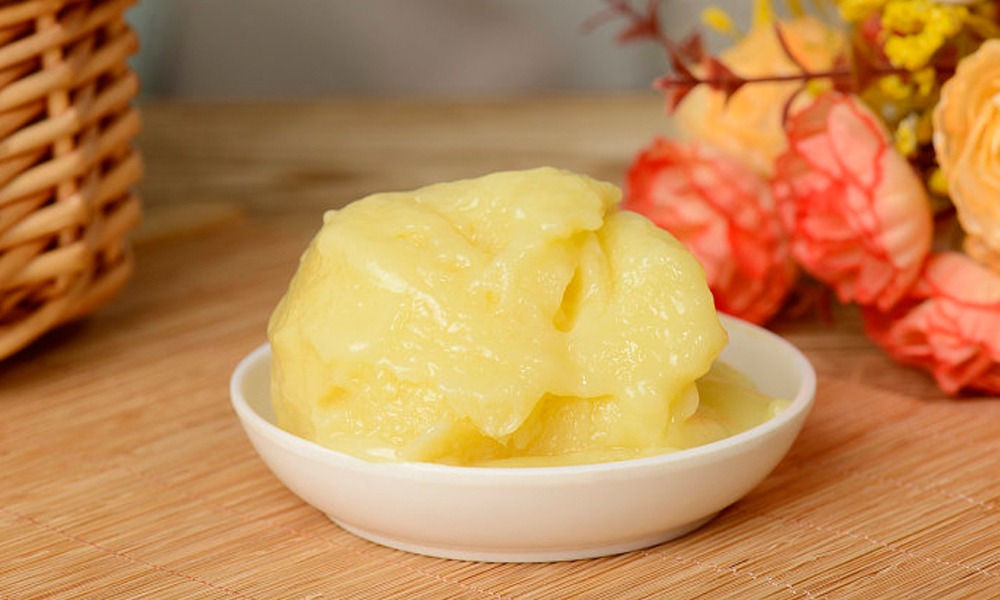Royal jelly is recognized as a pure natural nutrition and health care product, favored by consumers all over the world. However, in recent years, there have been rumors that “royal jelly contains a lot of estrogen, eating will get breast cancer.” Is this really the case? Does estrogen in royal jelly increase the risk of breast cancer?
Does royal jelly contain a lot of estrogen?
Royal jelly is a milky white or light yellow pulp secreted by the pharyngeal gland and the maxillary gland of the workers. It is rich in proteins, phospholipids, organic acids, active peptides, fatty acids, vitamins, minerals and other nutrients and bioactive ingredients, and has certain antioxidant activity, anti-allergic activity, anti-inflammatory activity, immunomodulatory activity and anti-tumor ability.
Estrogen is secreted by the mature follicles of the ovary (testis, placenta and adrenal glands can also secrete), mainly estrone (E1), estradiol (E2), estradiol (E3) 3 kinds. All animal foods may contain estrogen, and endogenous hormones are natural components of animal foods. Studies have shown that royal jelly contains almost no estrogen. Although trace amounts of estrogen were detected in a few royal jelly samples, the content was extremely low, with 88.5% of the samples containing less than 1.0μg/kg of estrogen, which was much lower than the estrogen content in food consumed daily. Therefore, the casual exaggeration of the rumor that royal jelly contains estrogen is contrary to science.
Does estrogen in royal jelly cause breast cancer?
According to the allowable daily intake (ADI) [5×10-5mg·(kg·d)-1] and residual amount (1.0μg/kg) stipulated by the Codex Alimentarius Commission (CAC), an adult (weight 60kg) must consume 3kg of royal jelly per day to cause harm to human body. In fact, the recommended daily dose of royal jelly is only 10~15g, which is far lower than the allowable daily intake of royal jelly. Thus, the amount of estrogen ingested by taking royal jelly is very small.
Minor contraindications for eating royal jelly
All health care products have its suitable population, royal jelly is no exception. In order to avoid possible risks, it is recommended that people with allergies, pregnant women and teenagers should not take it.


